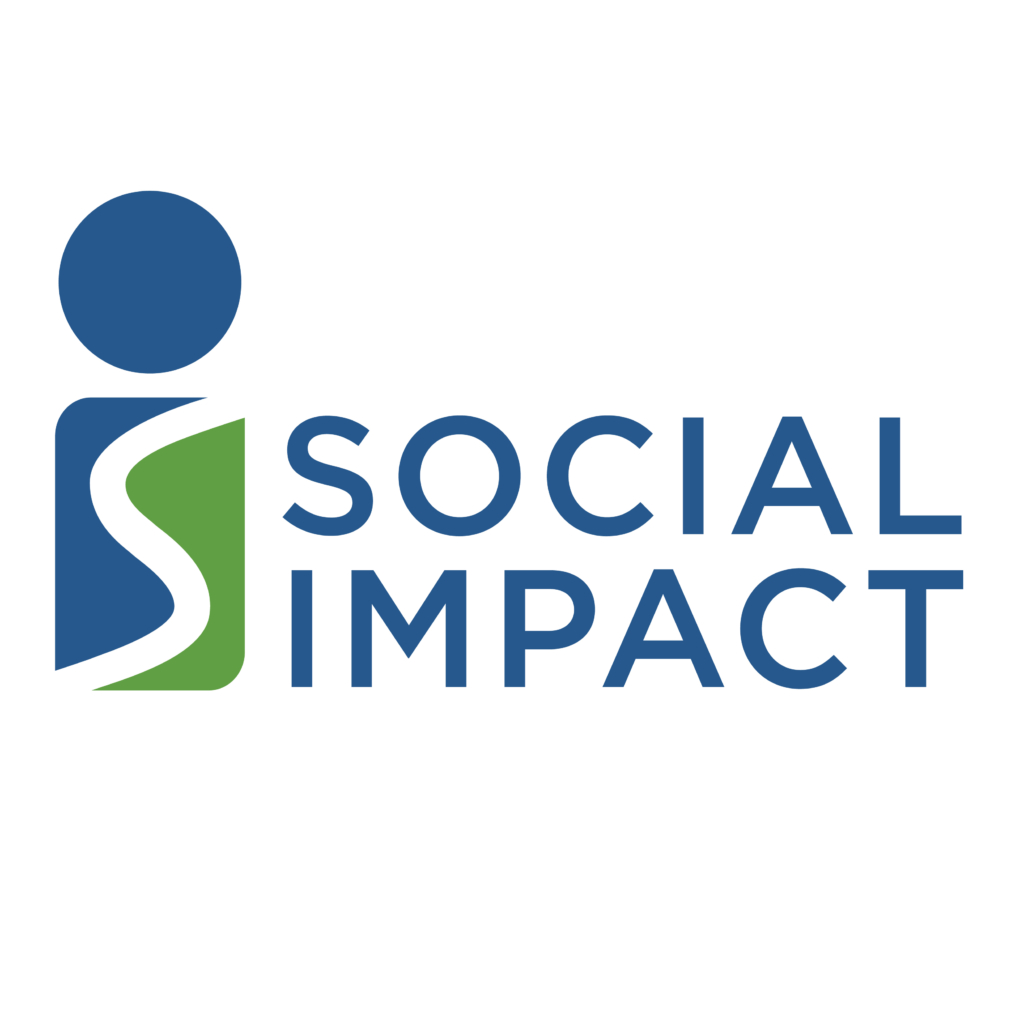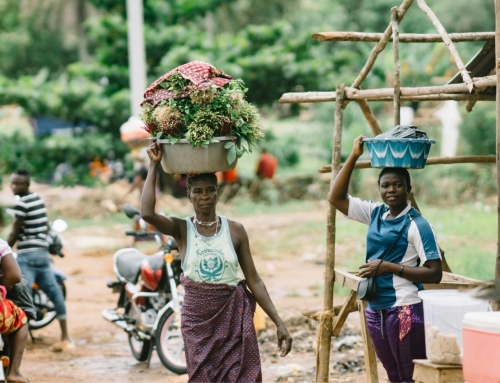Every other year, Monitoring, Evaluation, and Learning (MEL) practitioners from across Africa come together at the African Evaluation Association (AfrEA) Conference to continue to grow and shape practices, especially around what MEL means in the African context. This year’s conference, held during the week of March 18 in Kigali, Rwanda, buzzed with enthusiasm as thousands of attendees shared their experiences and insights. Nine Social Impact staff from our offices in Liberia, Mali, Nigeria, Tanzania, and Kenya/Somalia contributed to the discussion. Their presentations covered topics ranging from right-sizing Third Party Monitoring (TPM) to creating an enabling environment for localized and emerging MEL practitioners, to working with local governments to strengthen institutional evidence capacities. We were joined by our USAID counterparts on several panels and enjoyed challenging notions of power, ethics, technical rigor, and contextualization throughout discussions.
Through the following presentations, our team contributed to the growing discourse around African values in evaluation and shared latest technical innovations:
“Is It Locally Led? How Can We Enhance Local Leadership” by Dala Korkoyah
I collaborated with my USAID counterpart, Jeff Juaquellie, to deliver a two-part session. Together, we examined the Government-to-Government Direct Funding partnership for improved health outcomes in Liberia and the Monitoring, Evaluation and Learning Community of Practice as potential tools for shifting power to local leaders. These mechanisms support institutional strengthening of the Government of Liberia and foster the professional development of local MEL professionals. Our presentation echoed two important lessons that I learned from the AfrEA Conference. Firstly, there was a shared vision of advocacy for integration of indigenous wisdom and values in evaluation practices. Secondly, there is a shared recognition of the critical roles local leadership and participation play in advancing the sustainability of evaluation principles and practices in Africa. Nonetheless, African leaders and governments ought to back their advocacy for decolonization with the needed resources to finance evaluations and research projects. One speaker put this quite succinctly – the global north commissions and funds evaluations and research projects to further their strategic objectives. Thus, in this new dispensation of decolonization advocacy, the global south should be ready to fund evaluation and research to promote local strategic interests.
“The Power of Evidence Generation Through MEL Week – Tanzania Case Study” by Gloria Minja
The Government of Tanzania, in its effort to improve Monitoring and Evaluation (M&E) within public institutions, initiated the National MEL Week conference in collaboration with the Tanzania Evaluation Association (TanEA) in 2022. The AfrEA conference provided me with an opportunity to share how the evidence generated by establishment of the National MEL Week promoted M&E best practices among national and international participating professionals and fostered an M&E culture across public and private institutions. Evidence generation, use and application are key to strengthening the evidence culture in any country. As a result of the high engagement and demand for continued MEL Weeks, Tanzania hosted another conference in 2022 and is planning its third National MEL Week in September 2024. Participating in the conference left me feeling empowered to apply new knowledge to my work such as developing evaluation theories for Africa that are culturally responsive and context-specific for sustainable development and encouraged to support our stakeholders in utilization of evaluation findings.
“Right-sizing Third Party Monitoring (TPM)” by Lukas Barake
The conference provided a great opportunity to share lessons learned from the Somalia Evaluation, Learning and Monitoring Initiative (ELMI) together with my colleague, Alioune Watt, from the Mali MEL Platform. Together we discussed how to ensure that TPM services meet USAID and host governments’ information needs. One key lesson has been that information needs must be clearly defined, appropriate resource levels provided, and time planned to generate useful TPM data. Above all, we learned to increase data utilization by deliberately focusing on generating information that addresses users’ key priorities, providing nuanced analysis and dissemination of information in a timely manner, and creating formats that facilitate higher uptake and action by the targeted users. ELMI has added rigor to its TPM approach by going beyond the conventional process and output level verification to provide evaluative insights through the use of in-depth verifications that respond to the why and so what questions of users. Our sampling approach provides opportunities for the ultimate information users to select and prioritize the verification sites while maintaining objectivity through randomization of selected sites and respondents. Through the conference, I gained several new insights on how technology and specifically Artificial Intelligence can be harnessed to enhance our MEL practices. The discussions on Made in Africa evaluation were thought-provoking and timely. I left the conference with a renewed commitment to ensure increased contextualization of our approaches to meet the unique needs of our intended beneficiaries.
The reflections from Dala, Gloria, and Lukas highlight how Social Impact is driving evidence use within local systems–or to better adapt to local contexts with TPM. At the same time, our personal and regional growth will continue to benefit from collaboration and shared learning as we explore new solutions to agency, stewardship, and enabling African leadership.
______
Dala T. Korkoyah, Jr. works with Social Impact as Deputy Chief of Party for the USAID/Liberia Data, Evaluation, Learning and Technical Assistance (DELTA) activity. He has worked for more than two decades in the development industry, supporting development of Monitoring, Evaluation and Learning systems to help enhance development effectiveness.
Gloria Minja has over 18 years of experience delivering utilization-focused and holistic learning, research, monitoring and evaluation support to USAID and IPs in Tanzania, as well as INGOs. She is a highly motivated and result-oriented MELA and capacity building expert currently working as a Senior CLA Specialist for USAID T-MELA Activity in Tanzania, implemented by IBI and Social Impact.
Lukas Barake is a MEL practitioner with over 20 years of experience in managing and overseeing medium to large development programs in different sectors across over 10 African countries. He is currently the Deputy Chief of Party and Technical Lead for the USAID Somalia ELMI implemented by Social Impact.
Carla Trippe is a Senior Technical Specialist at Social Impact who has spent 11 of her 14 professional years living in Sub-Saharan Africa exploring creative ways to use evidence to drive locally-led solutions.








